The US Department of State has temporarily halted the scheduling of new visa interviews for international students and exchange visitors, according to an internal cable circulated among US embassies abroad.
This directive, issued under President Donald Trump’s administration, marks a significant development for thousands of prospective students planning to begin academic programs in the United States.
The pause stems from plans to expand the vetting process for student visa applicants, particularly by increasing scrutiny of their social media activity. Secretary of State Marco Rubio, who signed the directive, indicated that the State Department is conducting a review of its current screening procedures. The review aims to develop guidance for broader social media checks for those applying for F-1, M-1, and J-1 visas—commonly used by international students, trainees, and academic exchange participants.
The internal memo states that until this guidance is issued, embassies and consulates should refrain from scheduling additional student or exchange visitor visa interviews.
The directive does not apply to applicants who already have visa interview appointments scheduled. However, the duration of this pause remains unclear, raising questions about how many future students will be affected—especially those aiming to begin programs in the upcoming academic year.
The timing is significant, as most US universities issue admissions decisions by late March or early April. Students typically apply for their visas afterward, with processing times ranging from a few weeks to several months. Delays in interview scheduling could affect students’ ability to arrive before the academic year starts.
It is also uncertain whether the pause will affect current students in the US who require visa renewals to continue or pursue additional studies.
International students are a vital part of the US higher education system. During the 2023–2024 academic year, US colleges and universities hosted a record 1.13 million international students. Over 70% of these students came from Asia, with India (331,602 students) and China (277,398) leading the way.
Top institutions such as New York University, Northeastern University, and Columbia University have among the highest international student enrollments. Harvard University, which recently had its authorization to enroll new international students revoked, has approximately 6,800 international students—about 27% of its student body.
The move is seen as part of a broader strategy by the Trump administration to reassess international student participation in US academia. It follows recent actions such as the revocation of visas in politically sensitive cases. One notable example involves a Columbia University doctoral candidate whose visa was rescinded after she publicly supported Palestinian rights. Critics argue that increased social media vetting could disproportionately affect students based on their political views or online activities.
While State Department spokesperson Tammy Bruce did not confirm the memo, she emphasized that the US would continue to use “every tool” available to screen entrants.
The Associated Press and Al Jazeera contributed to this report.

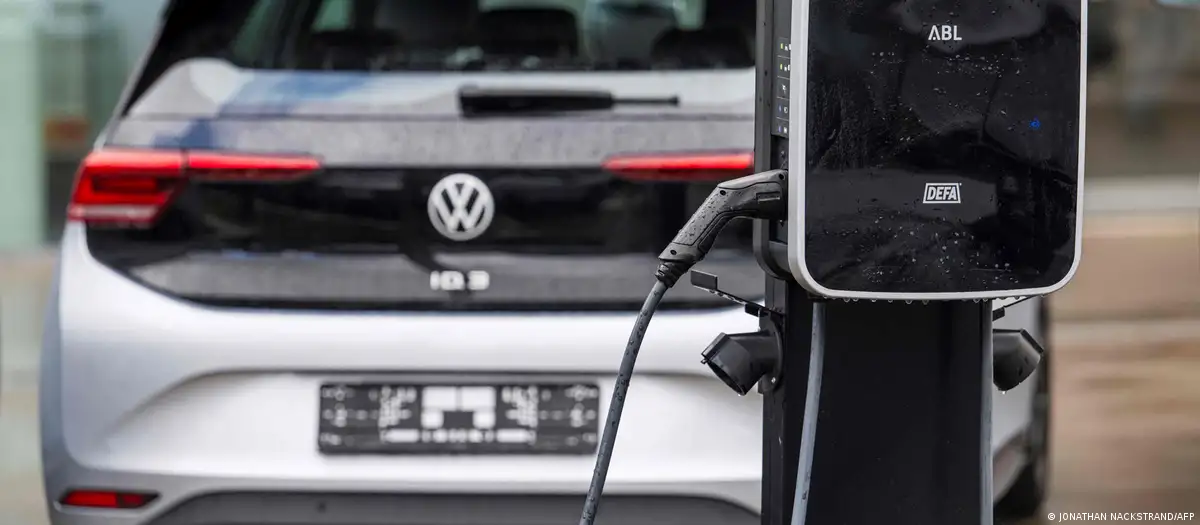
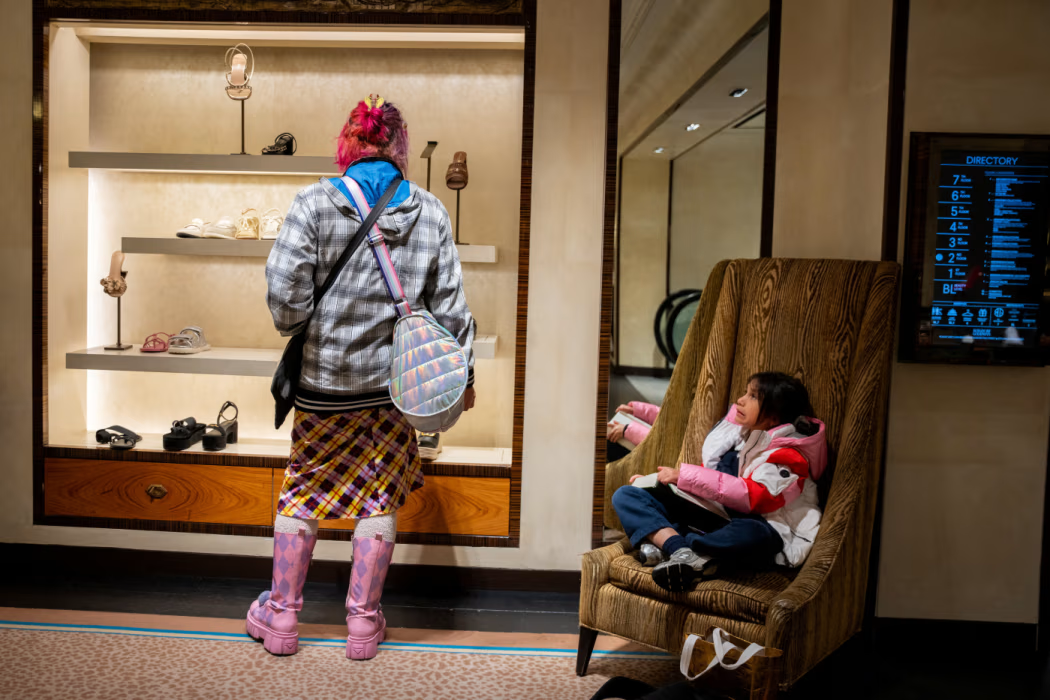
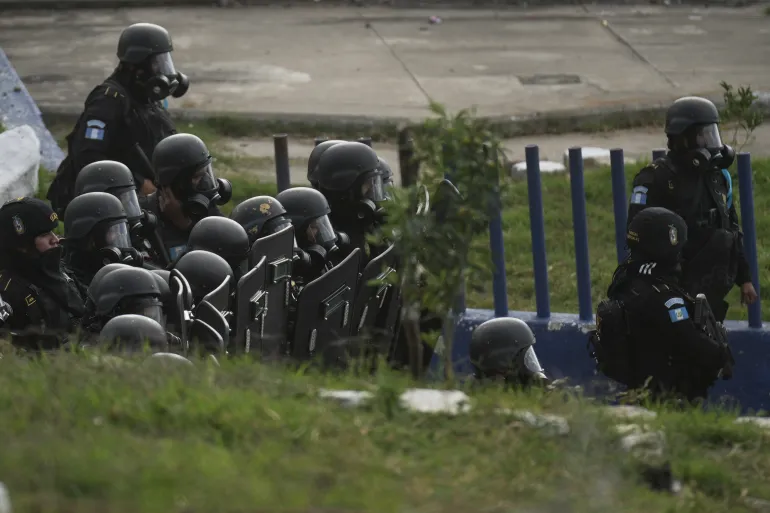
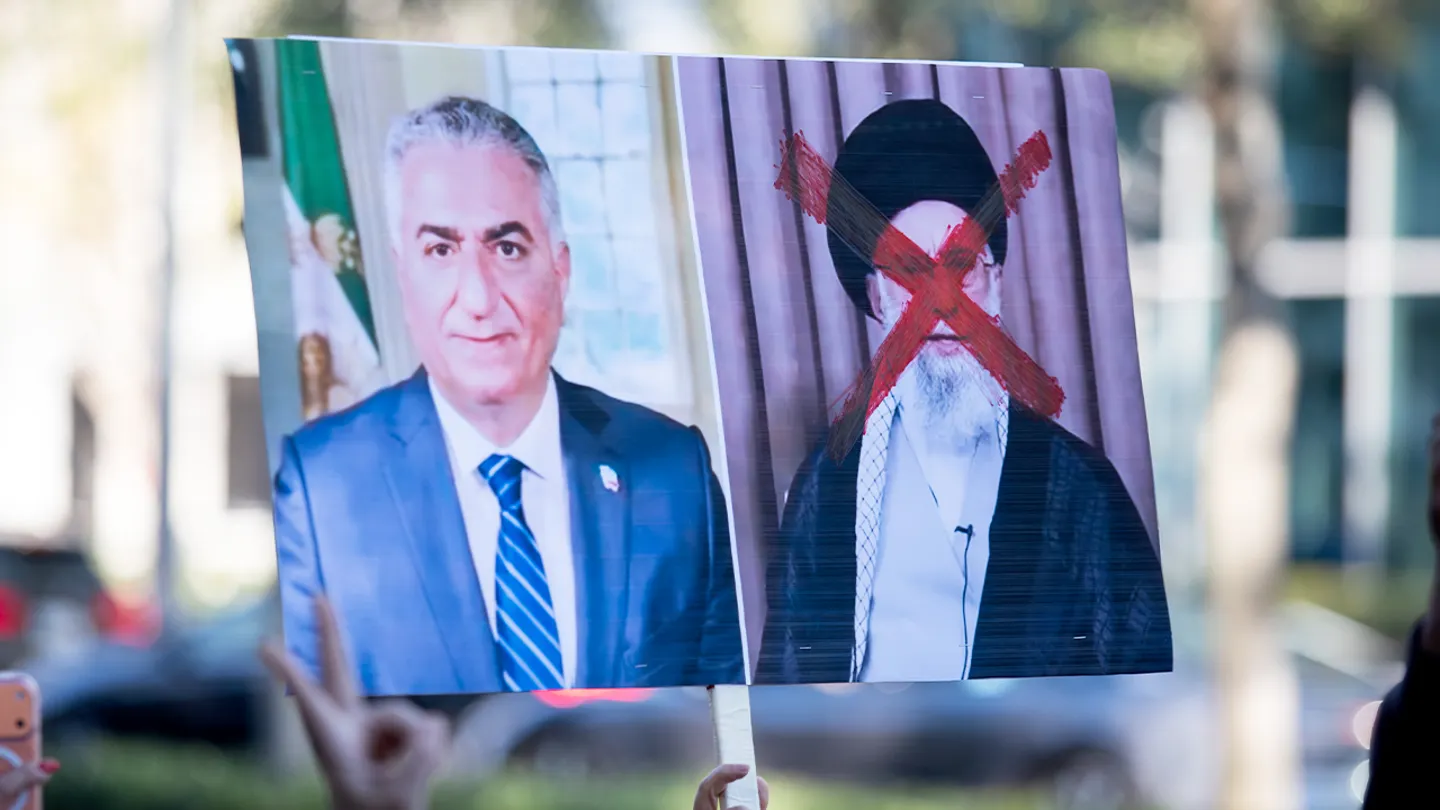
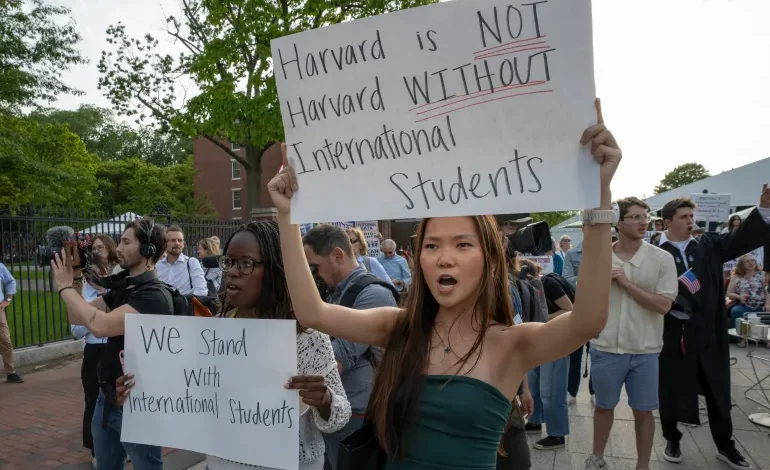




The latest news in your social feeds
Subscribe to our social media platforms to stay tuned